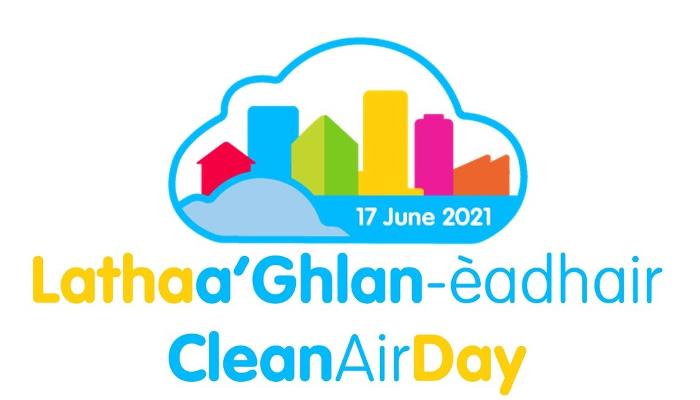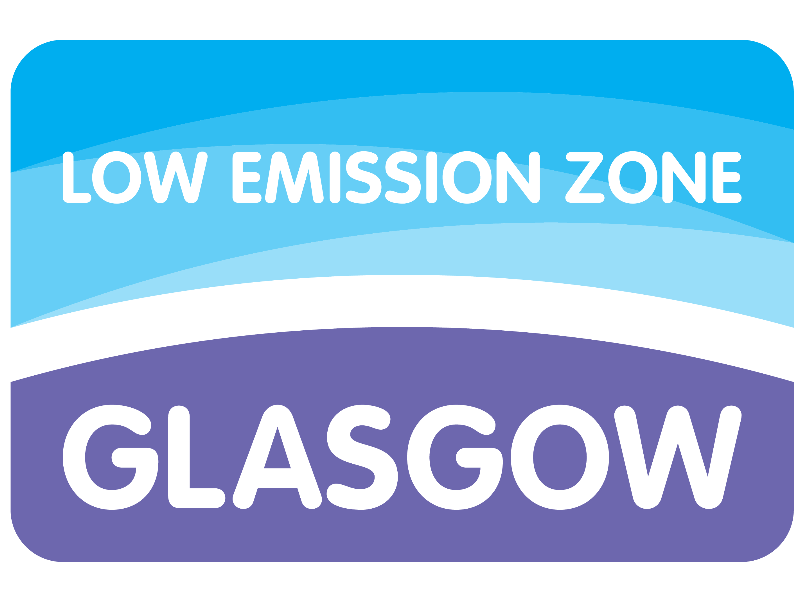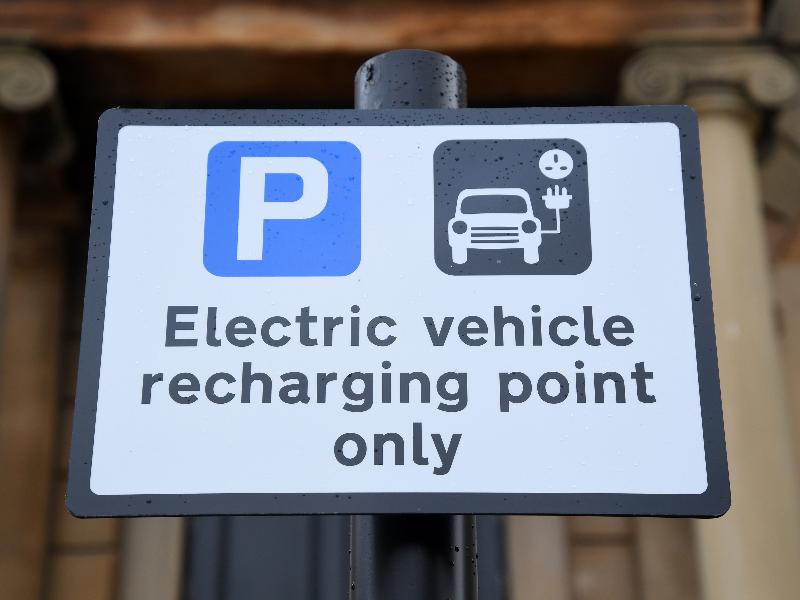- Glasgow City Council
- > News Archive
- > News Archive 2022
- > Glasgow Marks Clean Air Day 2021
Glasgow Marks Clean Air Day 2021
Overview
Air pollution impacts negatively on human health; particularly so for the very young, the elderly and those with existing respiratory and cardiovascular conditions.
Glasgow is committed to cleaning up the city's air and as we mark Clean Air Day 2021, albeit virtually again this year due to COVID-19, we're highlighting just some of the work going on in the city to improve the quality of the air we breathe.

Glasgow's Low Emission Zone (LEZ)
Levels of harmful nitrogen dioxide are being recorded in our city centre at levels which do not meet objectives. As the main source of this air pollutant is from road traffic, Glasgow introduced Scotland's first ever Low Emission Zone on 31 December 2018.
Our LEZ is expected to improve air quality and make Glasgow a cleaner, healthier and more pleasant place to be.
Currently, Glasgow's LEZ applies to local services buses only, however when the LEZ is fully rolled out on 1 June 2023 - all vehicles entering the zone will have to meet specified exhaust emission standards to avoid a penalty charge, unless exempt.
To ease compliance, all key information is available on our LEZ webpages including an FAQ section which covers exempted vehicles, penalty charges, emission requirements and national funding availability.
We also expect to open a public consultation later this month that will set out the rationale behind the requirement for a Low Emission Zone in Glasgow city centre, and details its scope, intended boundary, and grace periods for zone residents and non-residents.

Public Transport Provision in Support of Glasgow's LEZ
- Electrification of all Car Club vehicles available for hire from the LEZ city centre zone
- Additional EV charging points
- Expansion of the nextbike hire cycle scheme
- Improved Traffic Signal Infrastructure
Spaces for People
Temporary measures to provide additional space for physical distancing in public places for people to walk, wheel or cycle during COVID-19 have been introduced across the city. These measures include footway widening, road closures, pop-up cycle lanes, increased pedestrian priority at junctions and vegetation clearance at pinch points.
You can find full programme details here and an overview of the measures introduced to date here.
We are also running an online conversation about Spaces for People measures as part of a wider process to establish which could be kept permanently. The survey closes on 20 June and can be accessed here.
.jpg)
Active Travel
Switching to active travel is a fantastic way to contribute toward improving air quality and is beneficial to your health, wellbeing and fitness. If you don't have far to travel, you could also consider walking or cycling to your destination.
Our Active Travel webpages hosts lots of information about local and national routes, as well as details of programmes that encourage walking, wheeling and cycling such as Liveable Neighbourhoods, the Avenues and Connecting Woodside.
The Spaces for People programme has introduced lots of extra space for active travel including 44km of additional cycling infrastructure, along with the provision of cycle parking at 50 new locations and an expansion of Glasgow's popular cycle hire scheme operated by nextbike.
School Car Free Zones
To tackle traffic related issues experienced by some of our schools at peak times, the council introduced a 'School Car Free Zone' pilot in 2019 which aimed to address such issues by limiting traffic from driving up to school gates at peak times each weekday during term time - creating a predominantly car free zone.
Following the success of the trial which saw significant reductions in traffic around the six primary schools involved, Spaces for People funding has enabled the council to introduce a further 20 School Car Free Zones.
The scheme also promotes active travel to school by walking and cycling, which in turn will help to reduce congestion and pollution in the area.
Eco-Stars - Helping Fleet Operators Improve Efficiency
ECO Stars is the FREE recognition scheme that aims to help fleet operators improve efficiency, reduce fuel consumption and emissions whilst achieving cost savings.
The initiative is operated on behalf of the council by TRL and is available for fleets of any size.
Membership has shown in numerous case studies to have had a dramatic improvement in fuel efficiency which not only saves money for organisations, it also results in a reduction in environmental impact.
Read more here about how Eco Stars can help your business.
Air Quality Monitoring/Anti-Vehicle Idling
We operate a range of automatic and non-automatic monitoring equipment in various parts of the city. We own and operate eight automatic monitoring stations. These monitor a variety of pollutants including nitrogen dioxides, particulates, and ozone.
In addition, we act as Local Site Operators on behalf of the Scottish Government for a further four automatic air quality monitoring sites in Glasgow. These are located on Hope Street, Great Western Road, Townhead and High Street.
More information on how we monitor air quality can be found here.
Transport Scotland Funding Programmes (Bus/Coach)
Scottish Ultra-Low Emission Bus Scheme (SULEBS):
SULEBS supports the Scottish Government's net zero targets, its commitment to delivering Low Emission Zones and Scotland's ambitions for transport decarbonisation. It provides support for the purchase of new ultra-low emission buses up to a maximum 75% of the differential costs against diesel buses, depending on their zero-emission running capability. Support is also available for the infrastructure for this technology of up to a maximum 75% of the capital cost.
The second round of SULEBS ran in January/February 2021. Over £40.5 million of funding will support six completed bids, introducing a further 215 ultra-low emission buses, and supporting infrastructure across Scotland.
Further details can be found here.
Bus Emissions Abatement Retrofit (BEAR) programme:
BEAR supports the cost of retrofit technology accredited by the Clean Vehicle Retrofit Accreditation Scheme (CVRAS) to improve bus/coach emissions to Euro VI standard or better - supporting the delivery of Scotland's Low Emission Zones by reducing nitrogen dioxide and particulate matter emissions in Air Quality Management Areas (AQMAs).
Routes will be within one of Scotland's cities identified in the Scottish Government's Programme for Government 2017 LEZ commitment and/or one of Scotland's Air Quality Management Areas.
Further details can be found here.






